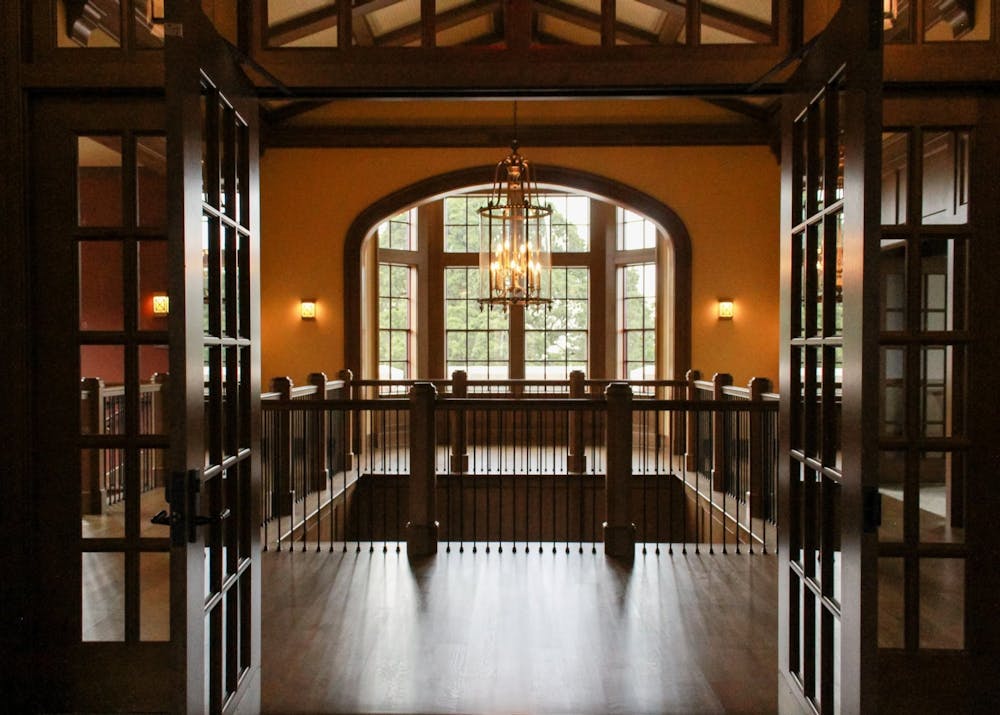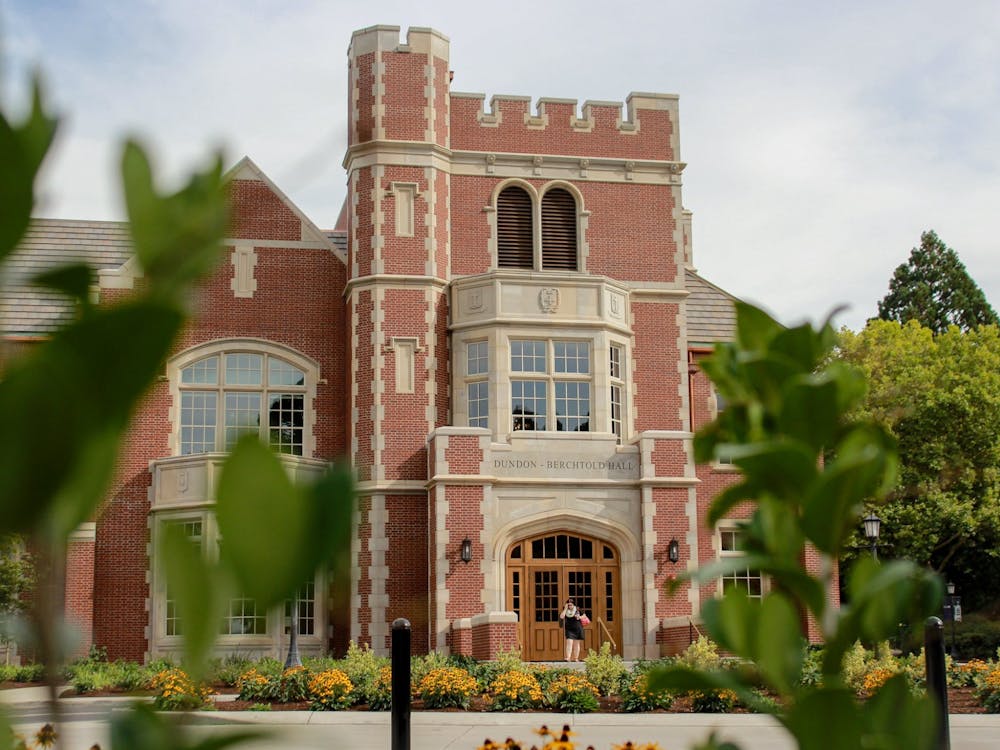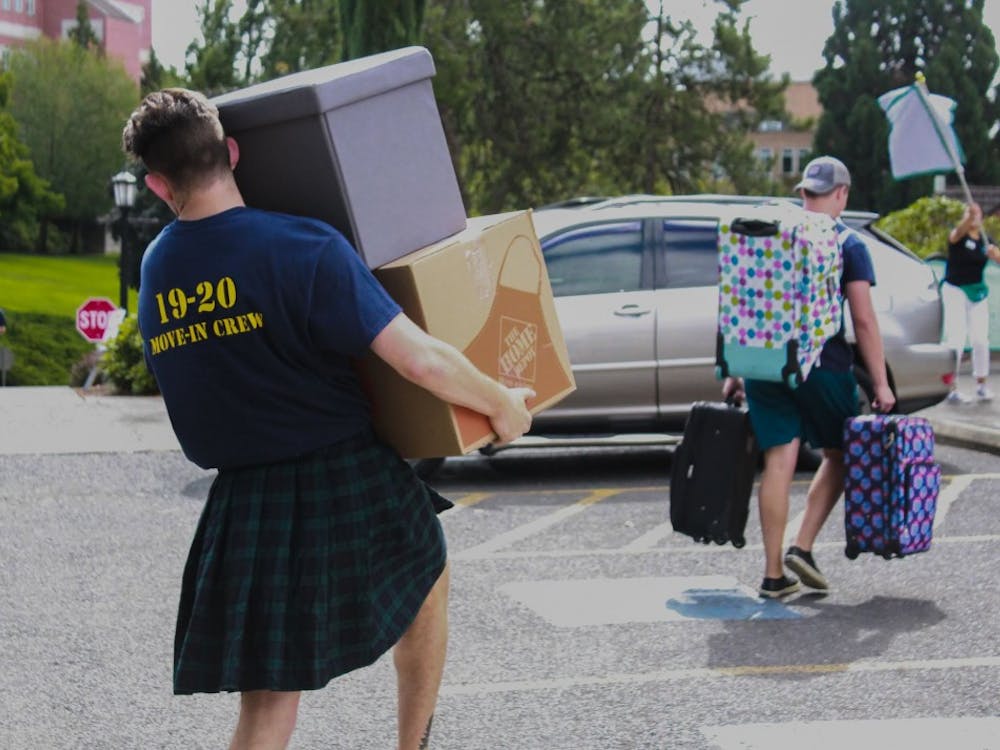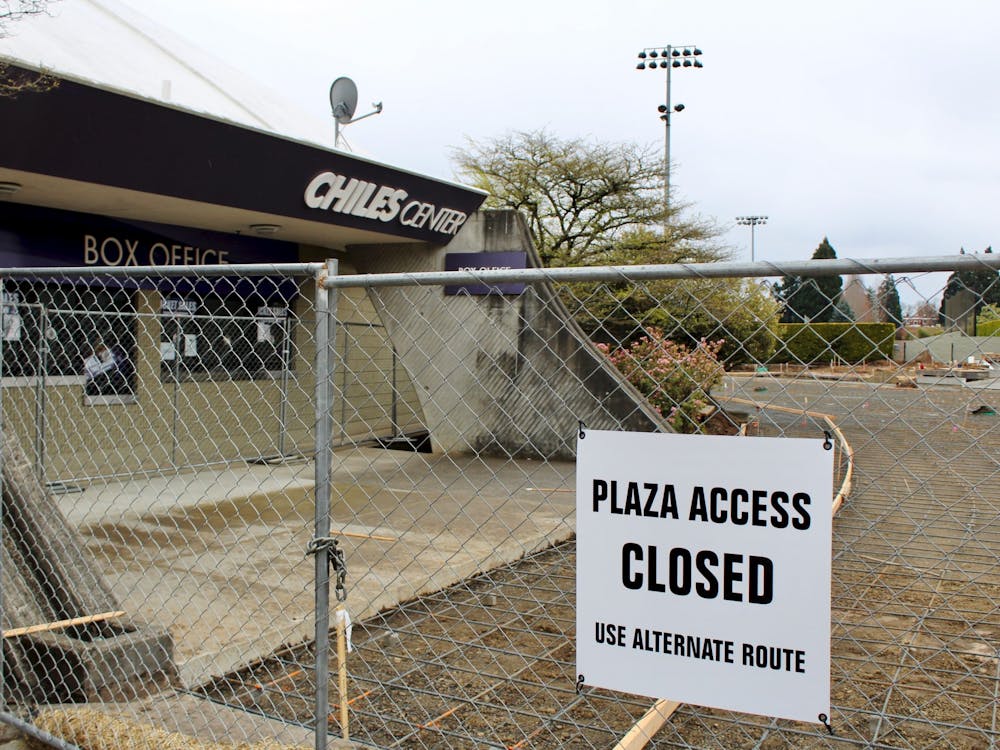University President Fr. Mark Poorman announced in an email Thursday night that University of Portland’s fall semester will be online, citing the rise in COVID-19 infections in Oregon and around the country as the cause. The email also mentioned Oregon Governor Kate Brown’s announcement of new coronavirus-related metrics for reopening schools, which have led school districts to delay in-person instruction.
“We are deeply concerned about recent trends in the course of the pandemic,” Poorman’s email said. “In Oregon, infection rates and the number of deaths attributable to COVID-19 are at unacceptably high levels. Additionally, many of our students reside in states that have experienced significant spikes in COVID-19 cases and deaths over the past several weeks, including California and Washington.”
Classes will begin as scheduled on Aug. 24 and end on Dec. 10. Fall break, which was previously cancelled, will now be held from Oct. 12-16.
In May, the university announced that classes would resume as scheduled and in-person for the fall semester. Less than two weeks ago, the University revised that plan, saying that classes would be held in a hybrid format, with a mix of online and in-person instruction.
Although the University will refund room-and-board deposits for cancelled housing contracts, tuition prices for the 2020-21 academic year will see a 4.1% increase as planned. The price of tuition only covers 67% of the costs of a UP education, according to the email. The email said the remaining 33% is paid for through endowment funding, philanthropic support, and auxiliary revenue, all of which are expected to decrease with the ongoing pandemic. The email claimed that university expenses are expected to stay the same even with the switch to online learning.
The full tuition for fall semester is due Monday, Aug. 3, only two business days from when the email was sent to students.
This decision has come on the heels of universities across the country scrapping plans for in-person instruction. The Chronicle of Higher Education reported this week that of the two-thirds of universities that were originally planning for in-person instruction, one third are now planning on hybrid courses and 13% have chosen to go fully online. While some universities, such as UP, have chosen not to discount tuition and to instate the regular increase, some other universities have implemented a tuition freeze or discounted tuition as much as 11%.
Certain courses required in some accredited programs with no online alternative may be held in-person, such as clinicals and labs, the email said. This could prevent delayed graduations. Students who need to enroll in these classes may apply to live on-campus.
Poorman’s email also mentioned that students with academic technology needs, international students, and students experiencing housing insecurity or other hardships may be permitted to live on campus, although space is limited. Those with leases for UP-owned rental homes are able to move in, but may opt out of the lease if needed.
More information on the academic calendar and housing will be released in the near future. The University will continue to monitor the situation, and hopes for a return to in-person instruction in the Spring.
Austin De Dios is the News and Managing Editor of The Beacon. He can be reached at dedios22@up.edu.
Gabi DiPaulo is the Editor-in-Chief of The Beacon. She can be reached at dipaulo21@up.edu.








